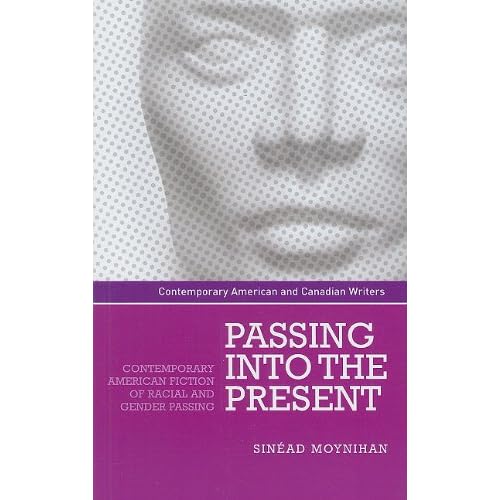Howard University
2011
84 pages
Publication Number: AAT 1495397
ISBN: 9781124728568
Laura R. Perez
A Thesis Submitted to the Faculty of the Graduate School of Howard University In partial fulfillment of the requirements for the Degree of Master of Arts in the Department of English
Cultural hybridity, a term first introduced by post-colonial theorist Homi Bhabha, has been a shifting and difficult to define concept within academic discourse. My thesis will focus on cultural hybridity as the embodiment of a pluralistic identity that encompasses the characteristics or attributes of more than one culture or race. I will examine three contemporary literary works of racial satire—Percival Everett’s Erasure, Adam Mansbach’s Angry Black White Boy, and Danzy Senna’s Caucasia—that present culturally hybrid protagonists and explore the ways in which these protagonists are utilized to destabilize race. Furthermore, I will demonstrate the tensions that this destabilization creates through community rejections of each protagonists’ hybridity – tensions that become inherent to hybridity itself.
My exploration will include an analysis of the protagonists’ hybridity—the ways in which they do not fit into the existing notions of what blackness or whiteness is—and how this hybridity is marginalized by their communities. Following this, I will explicate the protagonists’ responses to their marginalization—their creation of dual identities or alter egos and the racial/psychoanalytic significance of this process. I will draw upon post-colonial and critical race theory writings, as well as Freudian and Lacanian theory, to frame my analysis. But most importantly, I will draw upon the work of scholars—including Marwan Kraidy, Jopi Nyman, Sabrine Broeck, Pnina Werbner, Peter Burke, and Robert Young—to theorize hybridity within my analysis.
Finally, I will examine the novels’ conclusions, during which the protagonists’ dual identities are forcefully merged, and demonstrate the lack of resolution that this merging creates. This examination will reveal that the community rejections of hybridity in each novel are, in themselves, impossible to mediate. Thus, I will prove that each protagonist’s hybrid positioning not only destabilizes race by challenging the concreteness of racial categorizations, but that this positioning, and the community’s response to it, also demonstrates the tensions inherent to hybridity itself. In this way, each text undermines the black-white binary, while also affirming the tensions that result from not willfully engaging in it.
Table of Contents
- Thesis Committee
- ABSTRACT
- CHAPTER 1: INTRODUCTION
- Background to the Problem
- Statement of the Problem
- Review of Literature
- Theoretical Framework and Methodology
- Plan of Research
- Definition of Terms
- CHAPTER 2: PERCIVAL EVERETT’S ERASURE
- CHAPTER 3: ADAM MANSBACH’S ANGRY BLACK WHITE BOY
- CHAPTER 4: DANZY SENNA’S CAUCASIA
- REFERENCES
Purchase the dissertation here.
